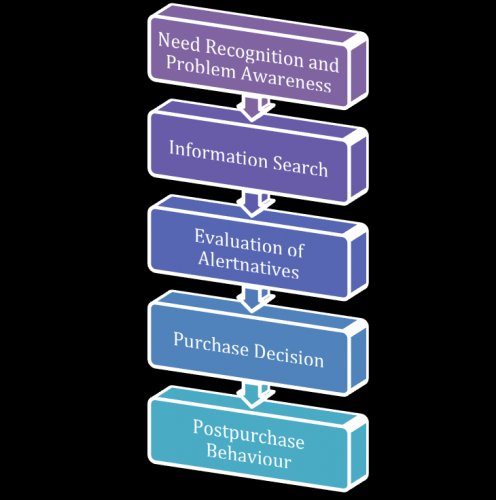Marketing management decision problem

Sales and marcom can't consistently articulate the value of products.
When sales and marcom don't have a thorough understanding of buyers and users and the problems they face, it makes it difficult for them to generate and convert leads. In such an environment, sales and marketing messages lack the clarity and consistency needed to foster brand awareness and perception of value.
The process of learning the market is slow and unreliable.
The initial business model for a product is a set of hypotheses. For any particular product, some of these hypotheses almost invariably turn out to be wrong. Guesses about what will appeal to the market may reflect our peculiar personal preferences and not rest on a solid foundation. In other cases, prospects themselves lead us astray, requesting features they'll never use. The marketing tactics or sales channels we thought would be the most effective don't meet our expectations.
Companies learn these lessons over time, but often in a painful and expensive manner. Great product management immerses itself in markets and employs iterative feedback loops to test and modify business model hypotheses, thereby producing more educated hypotheses and quickly discovering mistakes.
Final Thoughts
These problems have many manifestations. Moreover, as with all problems, we can ask "Why?" and determine problems further up the problem chain. These four problems ultimately lead to less revenue, wasted time and money, and frustration.
You might also like

|
Strategic Marketing Problems: Cases and Comments (12th Edition) Book (Prentice Hall)
|
Wealth Adviser: Turn Office Assistants into Prospectors — Wall Street Journal
“I had grown weary of upper management making decisions for client-facing advisors pertaining to the tools used and the manner of serving clients,” he writes on ThinkAdvisor.

|
Strategic Marketing Problems (13th Edition) Book (Prentice Hall)
|




